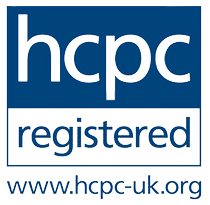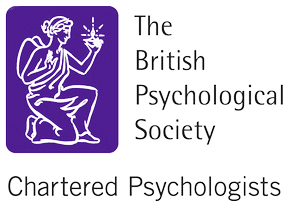Anxiety
Anxiety is your body’s natural response to stress. It is a feeling of fear or apprehension about what is to come. Everyone has feelings of anxiety at some point in their life (eg: prior to sitting an exam or attending a job interview), but sometimes the anxiety can become overwhelming and impact on your quality of life.Anxiety is not your fault. Anxiety is a normal human emotion and it is essential to our survival that we experience feelings of anxiety in certain situations. It is not uncommon for people to struggle with anxiety at points in their life and there are many factors that contribute to developing a mind prone to intense anxiety.

Signs and symptoms of anxiety include:
- Feeling restless, wound-up, or on-edge.
- Being easily fatigued.
- Having difficulty concentrating; mind going blank.
- Being irritable.
- Having muscle tension.
- Difficulty controlling feelings of worry.
- Having sleep problems, such as difficulty falling or staying asleep, restlessness, or unsatisfying sleep.
Therapy for Anxiety
In helping you to understand and manage your anxiety, I take a transdiagnostic approach. I draw on my training in Compassion Focused Therapy (CFT), Acceptance & Commitment Therapy (ACT) and Cognitive Behavioural Therapy (CBT) to help you understand the triggers for your anxiety and to break the cycle of avoidance, rumination and self-criticism that probably maintain your anxiety.Typically, it is the tendency to avoid an anxious response that makes life hard, not the anxious response itself. My goal is to help you develop a compassionate mind and psychological flexibility, so that you become less fearful of your anxious feelings, are more able to tolerate uncertainty and are less avoidant of situations that make you feel anxious.

